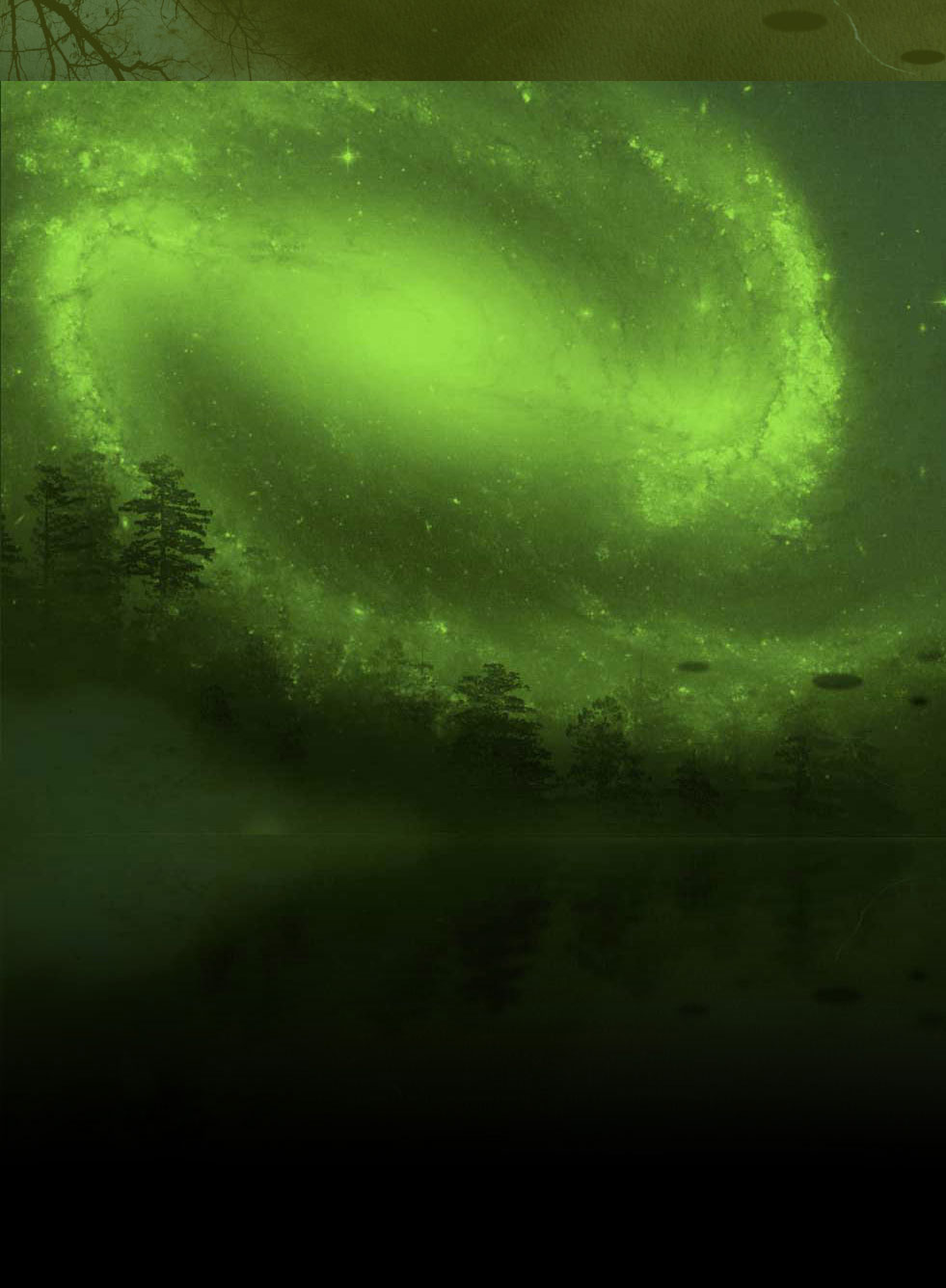
We kick things off by finding out the impetus for the "Vallee renaissance" of this past year, which has seen Jacques return to the public eye with the republication of four of his classic books. He discusses the Alien Contact Trilogy and talks about which book from the trilogy was most popular and which was least popular and why that is "somewhat disheartening" to him. He also talks about what his goals were for the books.
Next, we discuss Vallee's argument against the Extraterrestrial Hypothesis (ETH) as the source of UFOs. He clarifies his take on the ETH and explains why he put forward an alternative theory to the ETH in the first place. He details how his perspective changed with regards to the source of UFOs and goes on to lay out some of the key issues that are unanswered by the present ETH model. Some of these paradoxes discussed by Jacques include unanswered questions about the timeline of UFO sightings throughout human history, the unlikely biological similarities between humans and purported ETs, and the problem with the illogically high number of close encounters. He also details his issues with the "genetic study of humans" theory behind abductions.
We get Vallee's perspective on contemporary Ufology and how he feels about where the field has gone in the last 20 years, since the publication of his recently re-released books. He reflects on the pros and cons of the rise of the Internet, talks about the "tyranny of polarization" in the media, and discusses how revolutionary multiple dimension theories of UFOs that were once considered too "far out" for Ufology are now a part of serious mainstream physics discussions. This leads to Vallee noting how UFO case studies have changed in the last 20 years.
We talk about another staple of Vallee's groundbreaking research: his examination of UFO-tinged cults. He reflects on how his early work looking into UFO cults drew controversy from Ufology and goes on to detail the rise of Scientology, the Raelians, and how he warned about the Heaven's Gate cult long before their infamous mass suicide. Diving into examination of the book Messengers of Deception, we talk about Jacques observation of a UFO hunting group and his statement that "bringing scientific equipment only creates the opportunity for peculiar effects" and we get him to extrapolate on that sentiment. This leads to a brief side discussion on his work with NIDS at the Skinwalker Ranch.
Following that, we discuss one of the running themes of Messengers of Deception: the pronouncement, by Jacques, that it no longer matters if UFOs are real or not, because the public has already accepted that they are. This leads to him talking about the problem of polarization and how it is a longstanding problem of scientific thinking. We then cover his position that perhaps the UFO phenomenon is absurd on purpose in order to dissuade scientific investigation, which segues into him discussing how much of the power of the UFO phenomenon comes from its evasiveness.
We then go over the "six social effects caused by belief in UFOs," one of the key tenets of Messengers of Deception. Jacques talks first about the effect that UFOs make people believe that the great inventions of mankind could not have been built by humans. Second, he details how belief in UFOs widens the gap between the public and scientific institutions. Thirdly, we cover how "attention to UFO activity promotes the political unification of this planet" and Jacques explains how this could be a good thing, despite the sinister connotations.
Covering the latter half of the six social effects, we discuss how the UFO phenomenon can give rise to a "high demand religion." Next, we cover the fifth social effect: "Irrational motivations based on faith are spreading hand-in-hand with the belief in extraterrestrial intervention" and Jacques gives a thoughtful explanation on what this social effect is all about. Wrapping up the six social effects, we cover how contactee philosophies promote "higher races" and the elimination of democracy.
We look at Vallee's observation that UFOs could be used as a stratagem by humans to guide the population and how that observation has been proven correct since he first put it forward in his books. He talks about how the UFO phenomenon has been used by the US and Russian government to cover-up covert activities.
Moving on to talk about the Alien Contact Trilogy, we start with his critique (from the 1st book, Dimensions) that Ufology is too specialized and misses out on the cultural precursors to contemporary UFO and close encounter stories. Jacques explains why he would "make a different assessment now" and goes on to explain how things have changed since he first made that critique in the book. We then talk about one of the key UFO waves that provided a wealth of information found in Dimensions, the French UFO / close encounter wave of the 1950's and how it had a big effect on Jacques as a teenager.
Looking at another aspect covered in Dimensions, we discuss how seriously and studiously scholars from the past would debate the nature of enigmatic "beings," much like contemporary Ufology does with close encounter cases. We then talk about his concern that people want UFO disclosure so bad that they don't question the validity of it or the political motivations that may be behind it.
We move on to Confrontations, the second book in the trilogy, and start with Vallee's famous statement "I'm certain that UFOs are reality, but I'll be disappointed if they turn out to be only spacecraft from outer space." Jacques gives us the background of that often-quoted line, why he said it, what he meant by it, and how it is often misrepresented by others in Ufology. We discuss Vallee's take on Occam's Razor and how it cannot be aptly applied to the UFO phenomenon. Following that, we have Jacques extrapolate on his observation of the sincerity of foreign UFO witnesses.
Wrapping up the trilogy discussion, we talk about the third book, Revelations, starting with Vallee's enlightening observation that UFO sightings and their subsequent impact on our culture is a direct contradiction to the often-cited concept that the UFOs are bound by some kind of non-involvement directive. After that, we talk about his theory, put forth in Revelations, that cattle mutilations may be a "message" of some kind and he makes note of the antithetical fact that there is far more physical evidence left behind by cattle mutilations that UFO reports.
We then discuss the UFO related documents that have been amassed over the last few decades and Vallee explains why he cautions against people putting too much stock into documents that have no source cited. He also talks about the naivete that surrounds FOIA released documents and warns about reading too much into which government departments had possessed such documents.
Heading towards the end, we discuss a very specific gem from Revelations, the Purple Justice case, which was a bizarre abduction in France that Jacques closely investigated. We wrap up the Revelations discussion with Jacques fleshing out his observation, put forth in the book, that many people in Ufology are driven by the need for vindication. First, Jacques explains how that is a natural human emotion, how he feels about that need for vindication for Ufologists, and when that motivation may become dangerous to the serious study of UFOs.
Closing out the show, we find out what's next for Jacques Vallee, where folks can pick up the Alien Contact trilogy and Messengers of Deception, and how folks can read his books on the history of the Internet.
His website is www.jacquesvallee.net


